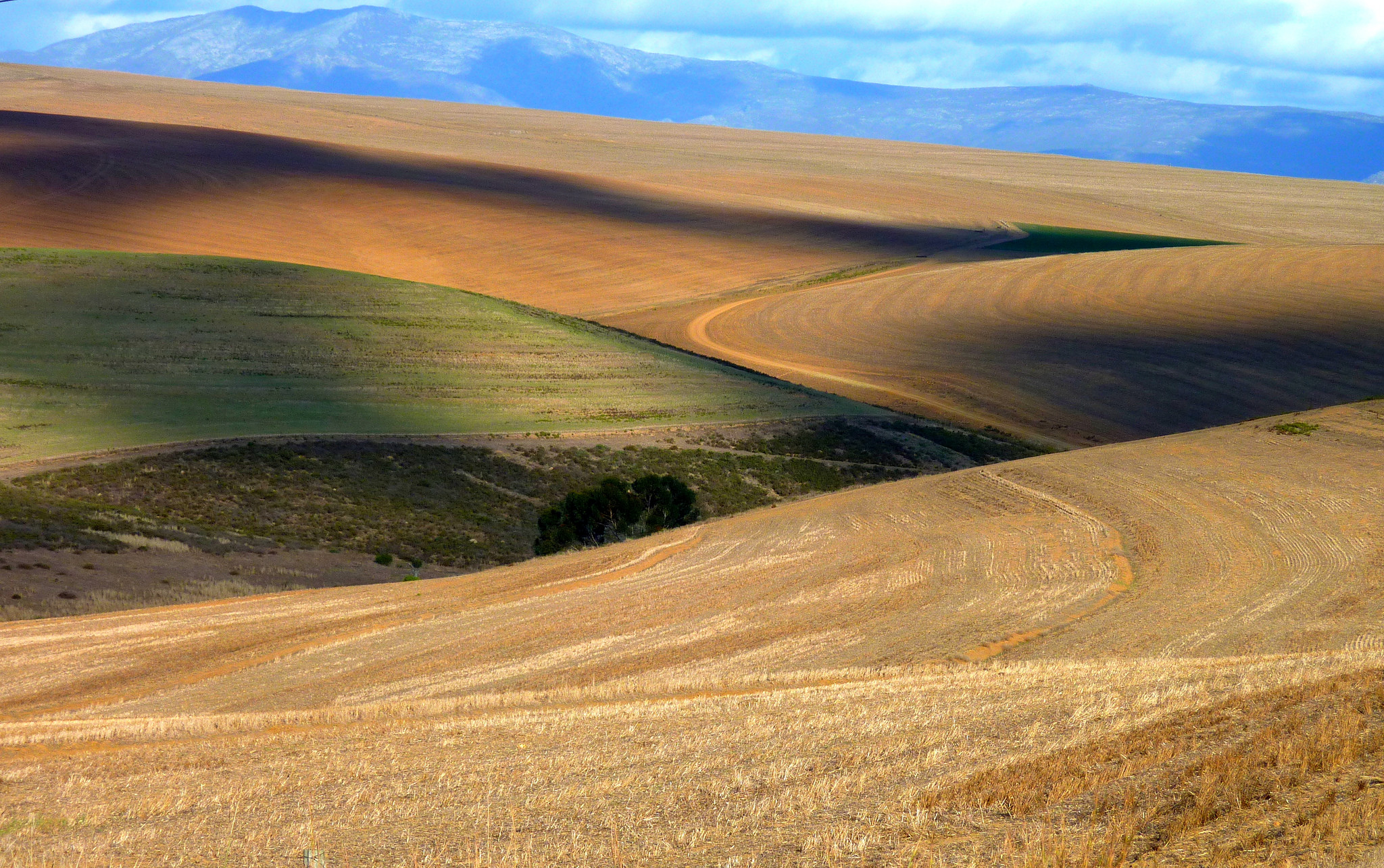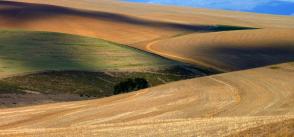
Mohamed Aït-Kadi: "COP22, becoming aware of the invaluable resources of African agriculture"
Agriculture is the backbone of African economies and societies.
It represents between 25% and 35% of the gross national product of the various African countries and employs nearly 65% of the African labor force. Yet one person in four suffers from hunger and threats of famine are recurrent in parts of the continent. Food insecurity is in total contradiction with the marked improvement in the economic performance of African countries in recent decades. The problem is weak agricultural productivity, a weakness further aggravated by climate change.
Indeed, African agriculture is particularly vulnerable to the effects of climate change. The phenomenon of desertification, the disruption of precipitation cycles and the intensification of extreme events have alredy had disastrous impacts on farmers' crops and incomes, still largely dependent on traditional techniques. Scientific consensus estimates that an increase in global temperature, even below 2 ° C, will cause agricultural yields to fall by 15% to 20% on average on the continent by 2050 when, at the same time, the African population is expected to double. The consequences are poverty, famine, rising diseases, the scarcity of drinking water and the movement of people in search of resources. Such changes will exacerbate existing tensions and reinforce mass human migration and conflict.
[Full French article here | Photo by Christopher Griner]







